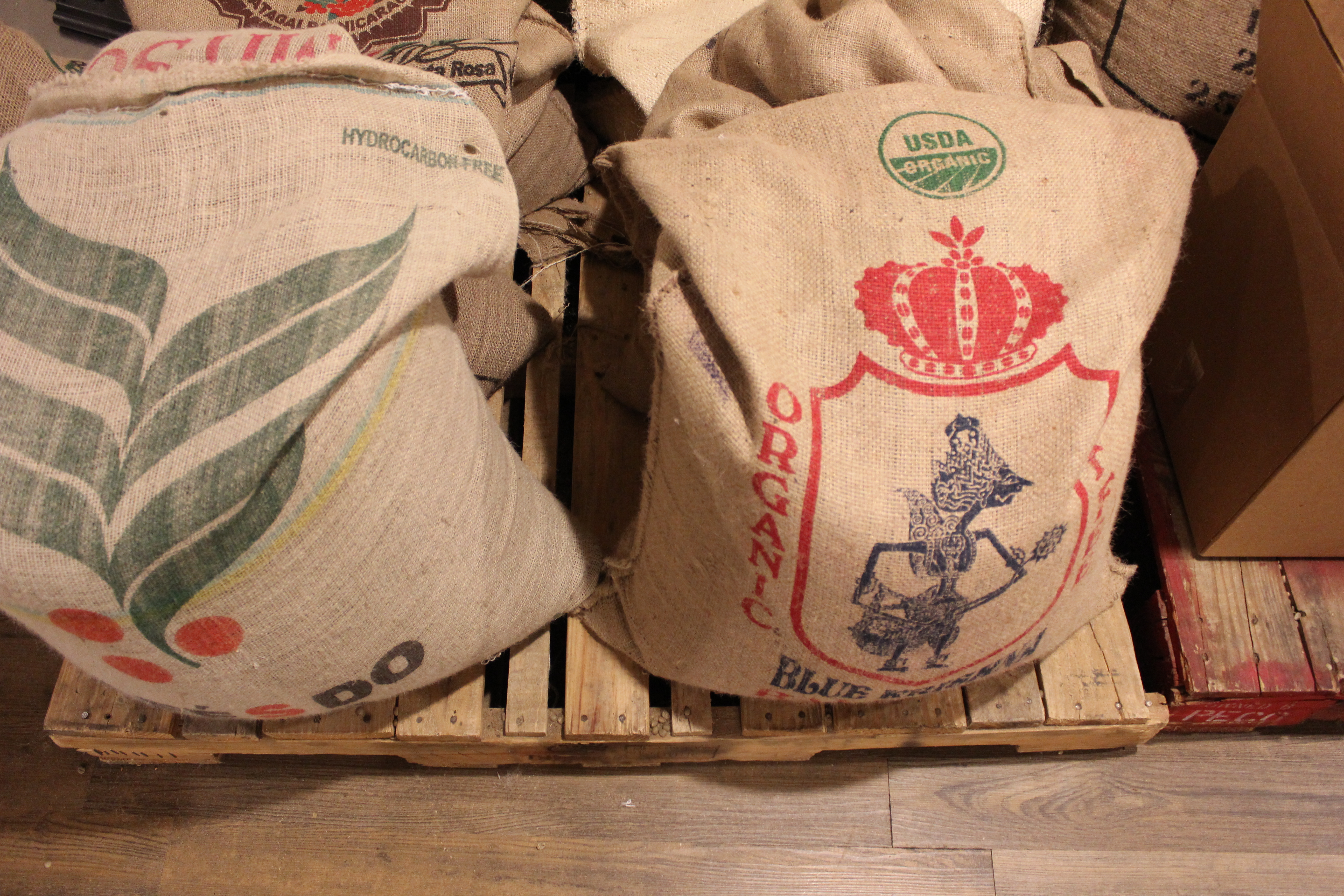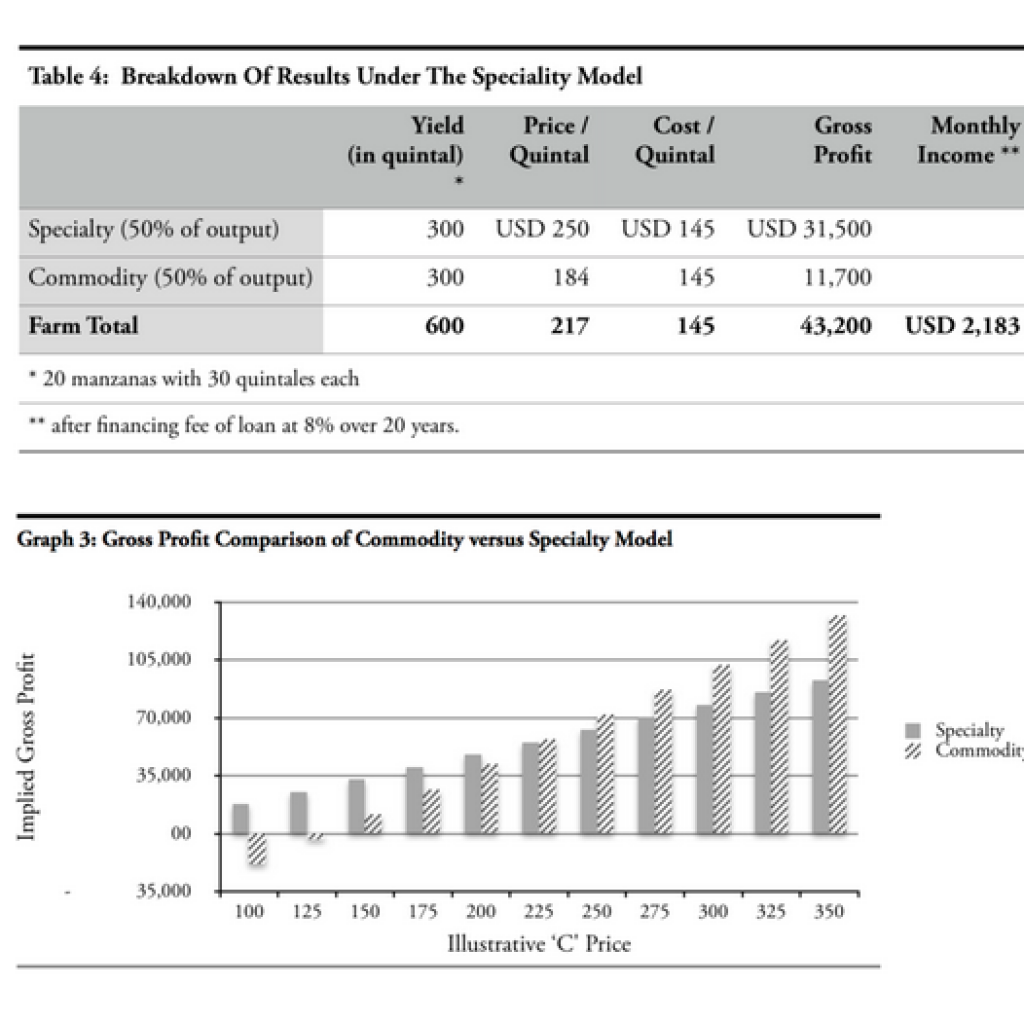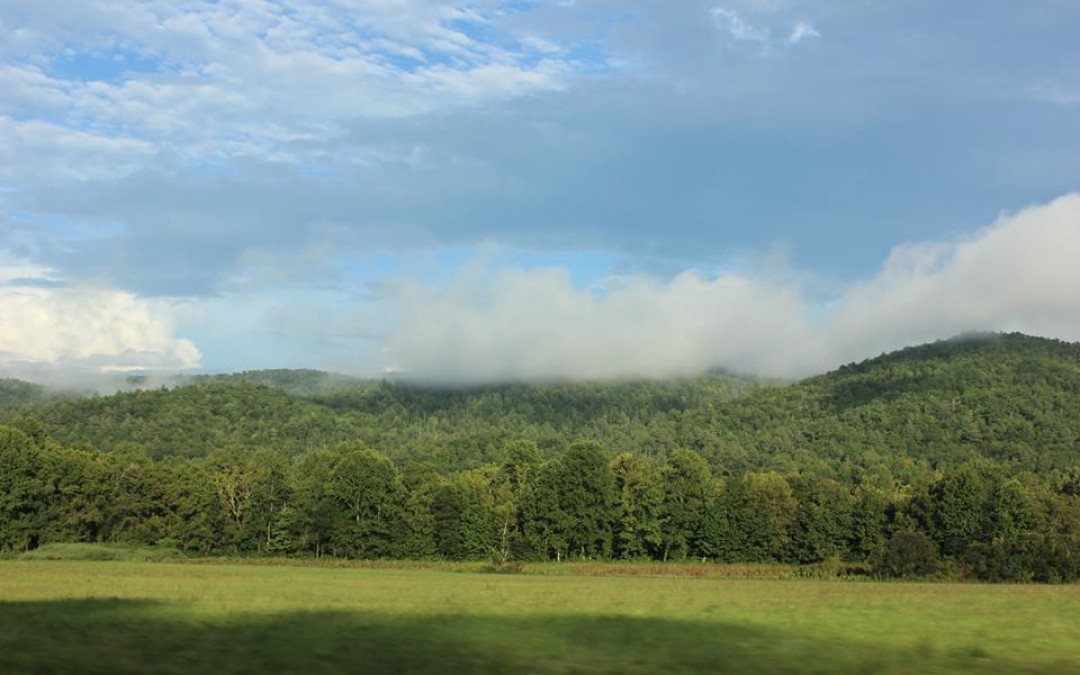Some mornings, when I’m sipping my coffee, I think back.
I think of what coffees this particular brew reminds me of, perhaps memorable conversations I’ve had the week before. I think of times I worked behind the bar or even back when it was everything was new to me years ago.
Now, coffee means so much more. Today marks our first month of blogging and it feels good. It seems like every post gives me a new outlet, a new lens to see coffee through.

While Tuesday’s posts make me research and explore coffee, Fridays become this meaningful experience with it. Today I’m reflecting on our Tuesday posts so far: green coffee (how it’s produced), local trends, commercial brands, and real-world economic impacts (Rwanda and Burundi).
In my reflection, I notice how they are all coming together, and I’ll explain that in a bit.
Rewind a bit and I was strolling through my twitter feed and noticed some movement. Barista Guild of Europe started a new campaign recently called ‘Dialogue’ in which they are producing a free, educational resource to start a conversation amongst European baristas (but I’ll invite myself to the party #Merica).
Their first post, “Coffee farm economics – adding context to the ‘c’ price,” came last Friday and brought together so much of what we’ve been talking about: green coffee, livelihoods, and comparing costs of specialty coffee and commercial markets.
You can read the entirety of their scientific inquiry, but I’m going to talk about some key points and see if we can expand any.
Dale Harris (@acousticcoffee), author, got the help of Salvadoran coffee grower Alejandro Martinez (@fincaargentina), of Finca Argentina. He used the information from Martinez to put together a cost analysis of what it took to open a coffee farm in El Salvador.
The estimates are rough since costs change regionally and seasonally in El Salvador. It’s also tough because coffee prices fluctuate. “The ‘c’ price has been on a strong downward trend in the last 6 months, with the lowest prices over March 2015,” said Harris. “Peaks and troughs happen – over 20 years the range has been from 42c to $3. Whilst we can make assumptions based on trends the volatility is real.”
For regular, commodity coffee, he averages the ‘c’ price at $1.84 per pound (based on averaging last 12 months prices). He then points out production costs, picking, and milling costs would leave it at about $.54 USD per pound, $1,620 per yield (multiplied by 3,000 based on assumed yield per 1.7 acres).
[In the graph you will see “illustrative ‘c’ price which is price by cents ($1.84=184)]
Specialty coffee is a bit different, since prices are usually a bit higher, but so are costs. He assumes the ‘c’ price is 250 ($2.50) per pound for specialty coffee. Already, you’re 66 points over the commodity, so where does that money go?
He points out that not all coffee grown for specialty coffee can be used so he provides that yields may be 50% commodity and 50% specialty.
For that specialty coffee further cost is required as well. For the specialty coffee yield, Harris says, you’re paying increased picking costs (extra $.25 per pound for picking), milling costs (extra $50 for each quintal).

The study provides some serious insight though. Looking at Graph 3, Harris points out that he found specialty coffee could be stable for those with small plots.
So why aren’t more farms doing this? Harris says key challenges include “poor infrastructure or routes for farmers to market their product to buyers, poor knowledge within farming communities of what specialty buyers desire but the pre-dominant reason is the small size of the specialty buying industry.”
Sadly it doesn’t mean that we can flood our market and pay less for our morning cup, that’s not the point BGE and I are thinking. It’s a win-win scenario: more specialty coffee consumption on our end, more stable lives for small family farmers in developing countries.
So maybe we should splurge a little this week? Can that be our 1-month celebration? More importantly though, they argue that with the knowledge of specialty coffee, enthusiasm for the craft, comes a charge for being an ambassador of specialty coffee. Together we can drive more consumption of specialty coffee and hopefully increase its production and value.

